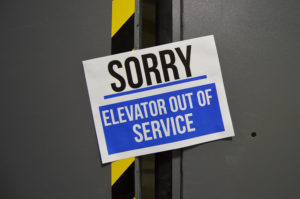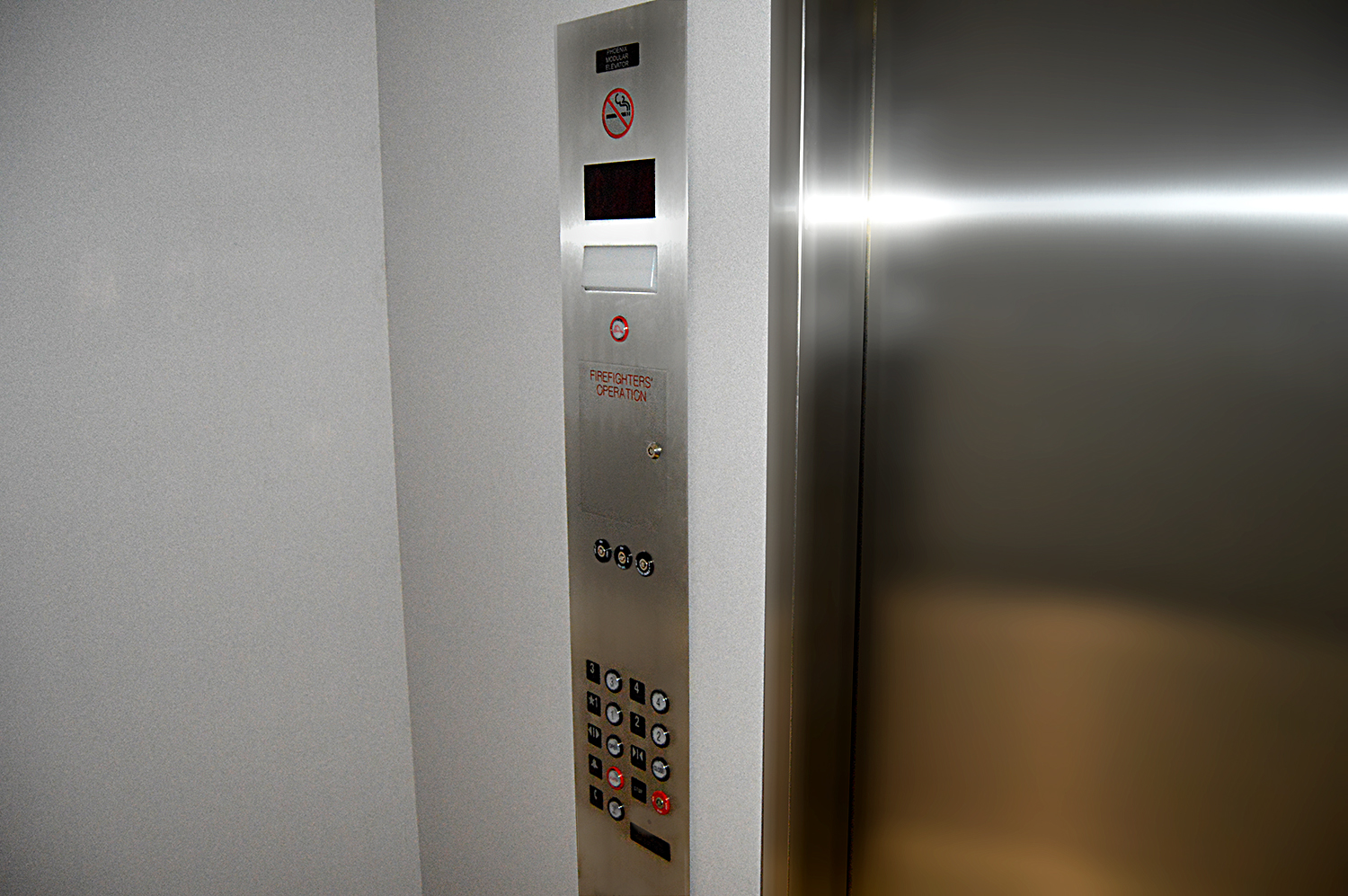Machine Room Temps
June 12, 2017Elevator Speed
June 15, 2017Elevator Company Comments Out of Order

A recent news story focused on a major elevator company and poor service regarding a building with senior tenants. The elevator company comments revealed an unflattering look at the vertical transportation industry. In this case, despite having a current maintenance contract in place, the elevators in a 10-story apartment complex were frequently down. Unfortunately, the response from the elevator company made the elevator industry look like it was either hiding from responsibility or looking for a quick sale. Neither are good images.
Not All News is Good News
As for background , when the story broke, the senior citizen tenants of the building were quickly labeled as victims by the media, while the elevator company was cast as the villain. No surprise. It portrayed people stuck in their apartments because the elevator maintenance was not prompt or completed improperly. When pushed by the media, the explanation for the apparent lack of service from the big elevator company shines a disturbing light on the industry. Below is the lone quote from the elevator service company:
“We are pleased to confirm the elevator is currently operational. In addition to providing scheduled and unscheduled repairs, we have recommended several modernization options to help make the elevators reliable. Our primary objective . . . is the safety of the people who depend on our products every day and we strive to partner with building managers and owners to deliver safe reliable service.”
The bold is for effect, as it is the primary point. In their statement, the elevator company opened with good news. The elevators are working! Congratulations, you did your job. And the close of the statement was good, too, as safety is always a great talking point. But the bold print in between says two things that would have been better left alone or dealt with outside of the media. Implied in the statement is that it’s not the elevator company’s fault and, if the customer would have just spent more money, things like this wouldn’t happen.
Finger Pointing = Bad PR Plan
Beyond blaming the customer, the unintentional consequence of the statement is one we deal with often from people that call us confused over when a total overhaul is needed. For cost reasons, the owners want to squeeze a few more years out of the old unit but, when there is no trust, they do not know whether they are being sold a bill of goods or if there is a true need.
Elevator professionals need to know that building owners and managers are in a tough spot, and they often feel like elevator companies are using breakdowns as an opportunity to up-sell new equipment. After all, from the owner’s perspective, they have in many cases been paying thousands of dollars each month for a maintenance plan and when they finally really need it, the elevator company blames the customer. It can seem as if all the elevator company wants to do is to sell, sell sell. This leaves the owner wondering whether the elevator company is being truthful.
There is good reason for the suspicion. Oftentimes, when elevator gets old, the knee-jerk reaction from an elevator company is to go down the modernization road. Each problem with the unit that surfaces after the recommendation becomes another “see-I told you so” moment. To be completely fair, in this case, the building probably was more than due for a modernization. It is a high-traffic apartment complex over 10-stories and only two elevators. Also, the elevators are original to the building that was erected in the late 70’s. However, the history of the particular location is long and replete with complaints, accusations and finger pointing. This problem was a long-building one.
A Break Down of Trust
I will make no claim of fully understanding all of the problems involved; however, from the news accounts, there was significant difficulty in finding a solution, and it became a time consuming mess for building management. The problems led to tenants worrying they would get stuck, or, if they left the building, face a long climb up the stairs when they returned. Ultimately, the breakdown was more than just a problem with the elevator; there was a breakdown of trust. The word of an elevator company, it seemed, was mud in the eyes of the users and management. This could certainly have been exacerbated by the elevator company’s recommendation of the modernization and the owner balking at the expense.
How could this situation have been avoided, and how can these issues be avoided in the future? It takes two to build trust, and that is what was lacking. It also takes clear communication and explicit actions on the part of both parties. In this case, we do not know what “We have recommended several modernization options to help make the elevators reliable” means. Also, it would be interesting to see if a written, long-term elevator plan was in place that met the needs of both the owner and the elevator company. It would also be illuminating to see what the current contract said about responsibilities and obligations.
More Planning Less Up Selling
From our experience, far too often, elevator professionals up-sell the good points of an elevator maintenance agreements and dismiss the downside. In addition, despite denials, there are those in our industry that feel an uneducated customer is a good customer. The myriad of calls and emails we receive are testament to that. But the fix to the problem goes beyond the elevator company. The real solution is honest communication from both directions. So on the owner’s part, it takes real effort to understand the elevator in general and all of the contract terms.
To sum up, the best solution is no more blame and no more up-selling; instead, long-term perspective and planning is needed regarding the largest moving object in your building. Phoenix Modular Elevator can help you research, and we are always available for conversations about elevators. An elevator consultant could also be a valuable resource when modernization is a consideration.



